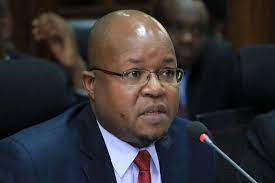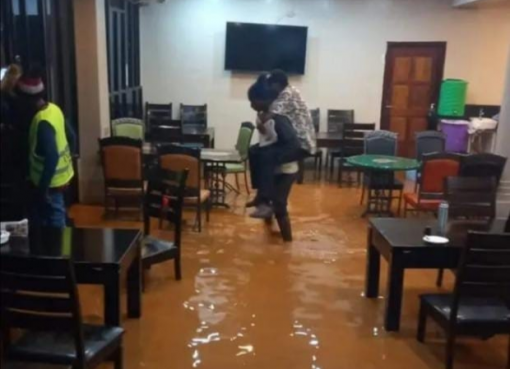The government has announced the sacking of over 200 employees on contract at the Kenya Medical Supplies Authority (KEMSA) and it will take effect as from July 1.
This comes after the conclusion of a two-week audit conducted by the new board. According the Chief of Staff and Head of Public Service Felix Koskei, the audit is meant to rationalize operations at the institution which has been troubled with graft cases.
Speaking on Thursday, Mr Koskei said the government will conduct similar audits in public institutions in order to reduce wage bill that keeps on reducing the amount of money allocated to the national government. He said employees use up to over 60 per cent from the government as their salary.
“When we say that those who are in contract will not have their contracts renewed, it is because we want to optimize for the sake of having enough money to develop this country, or else every money will be in the pockets of our employees and nothing will move…so that is something that has been identified by the government,” he stated.
The number of staff members to be sacked approximately halves the total number of employees who are employed on contract at KEMSA. Koskei said that many institutions have more staff members than they need hence little development.
“Many institutions, majorly parastatals, have realized they have more staff that they need. Generally, a wage bill should be 40 per cent and below, but now if you get wage bill going past 60 per cent, 65 per cent, 70 per cent then what is remaining for development?” He asked.
Mr. Koskei confirmed that the only way to ensure institutions get substantial amount of money for development is by revisiting the issue of staff establishment.
KEMSA lost billions of shillings to the COVID-19 procurement scandal, the mosquito nets scandal that led to loss of over Ksh.63 million which led to the sacking of Health Principal Secretary, suspension of former CEO Terry Kiunge and also the dissolution of the former board.
The Head of Public Service pointed out that responsibility is to individuals and not institutions or a group, everyone is on their own and they will be punished individually. He added that they have mechanisms in place to nab those involved in corrupt practices at the institution.
By Matildah Obaigwa














Comment here